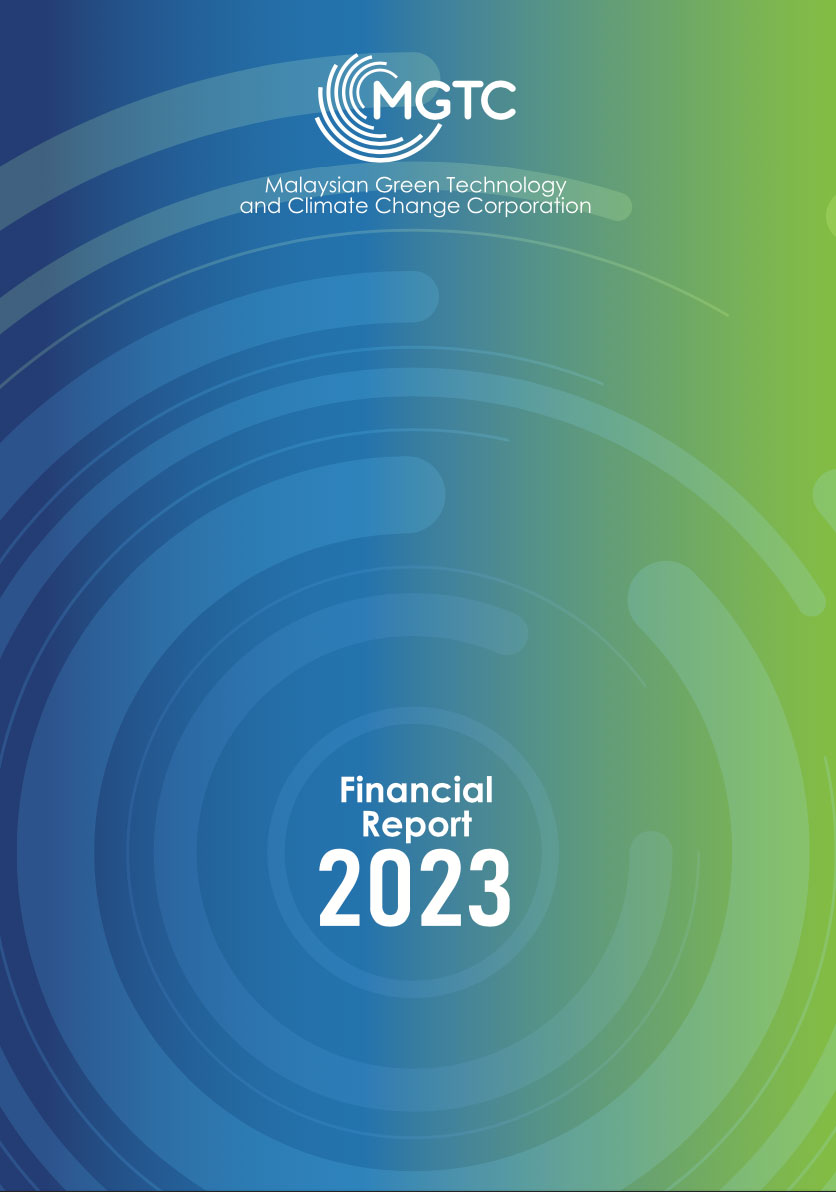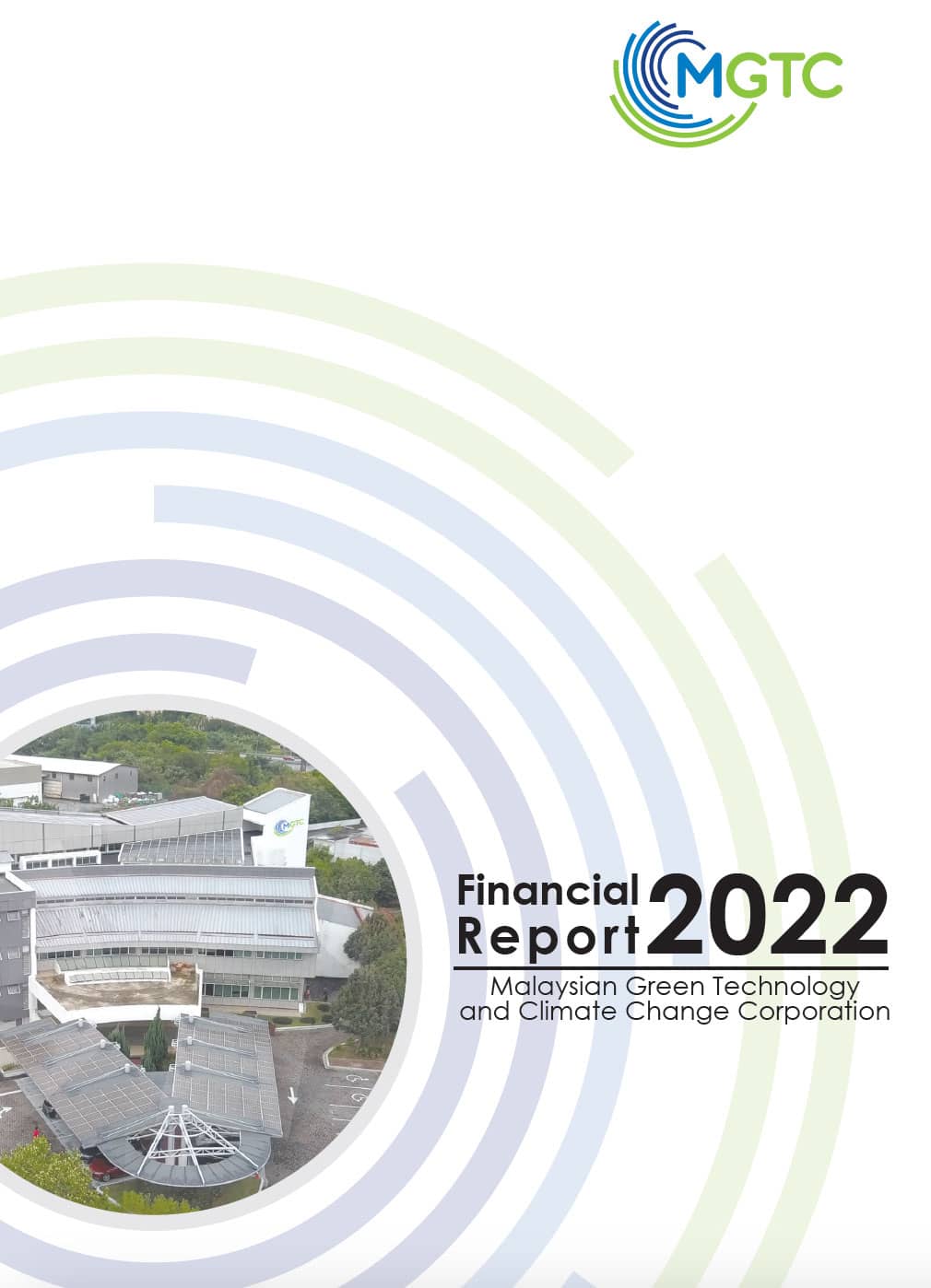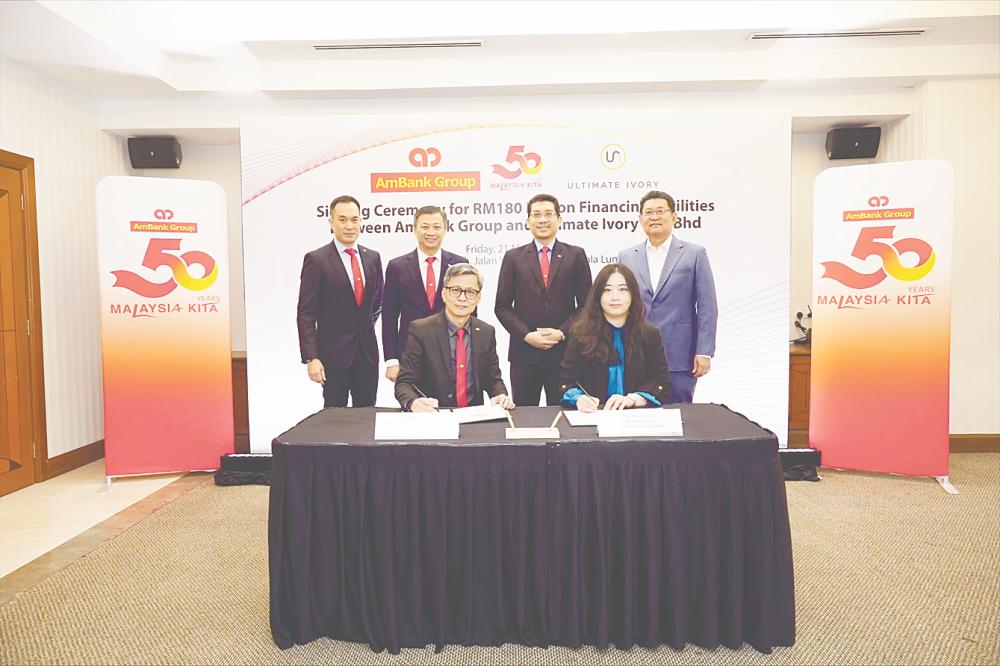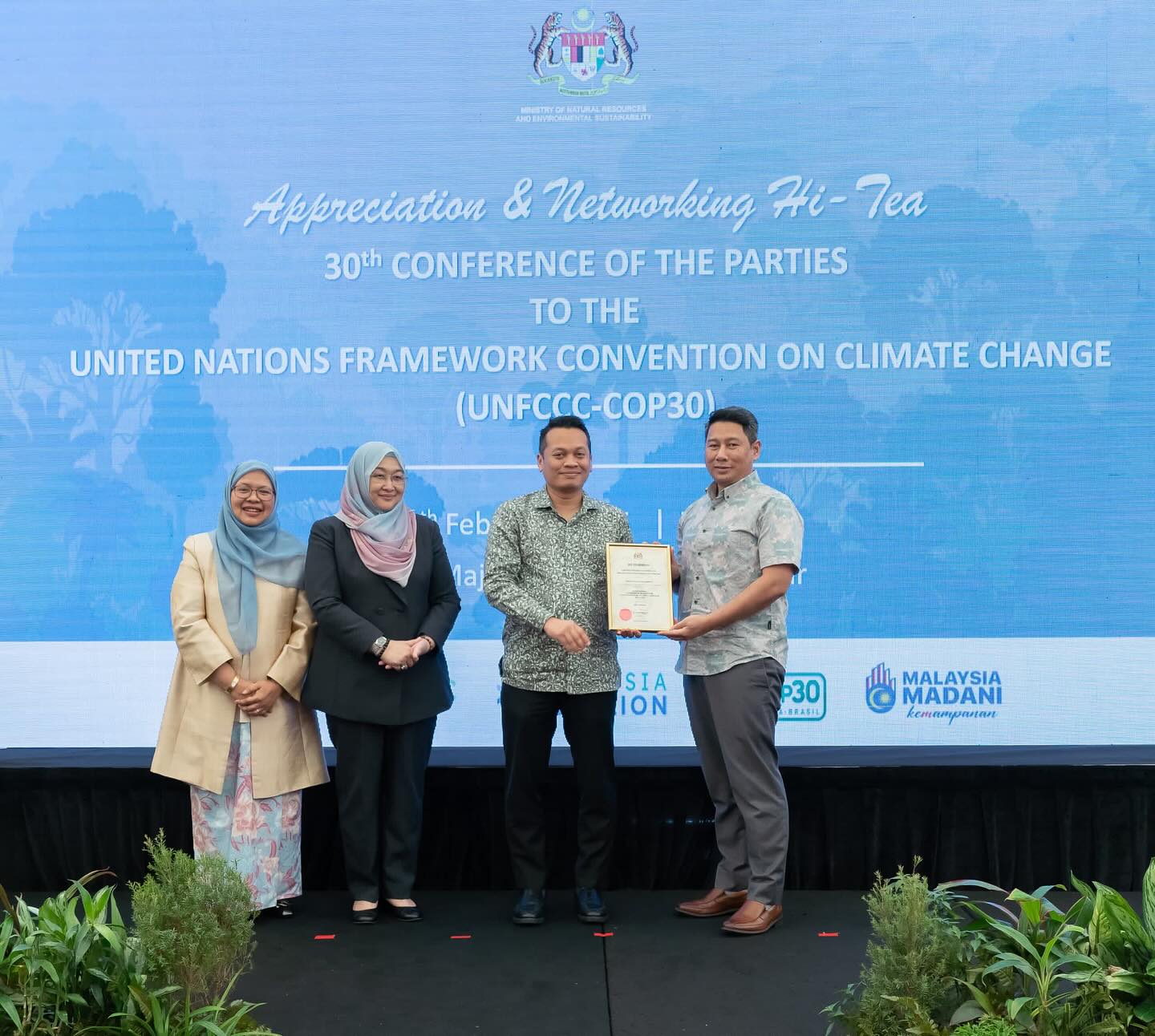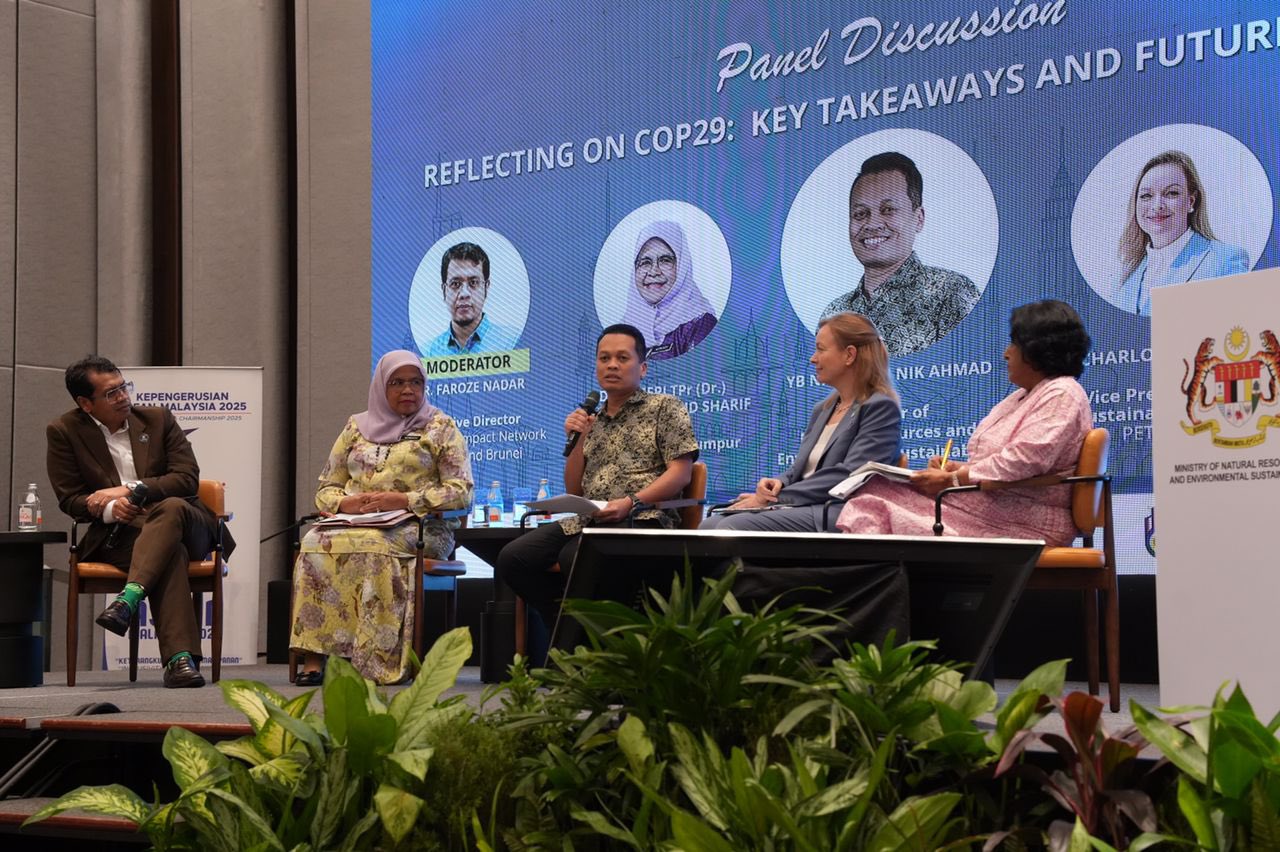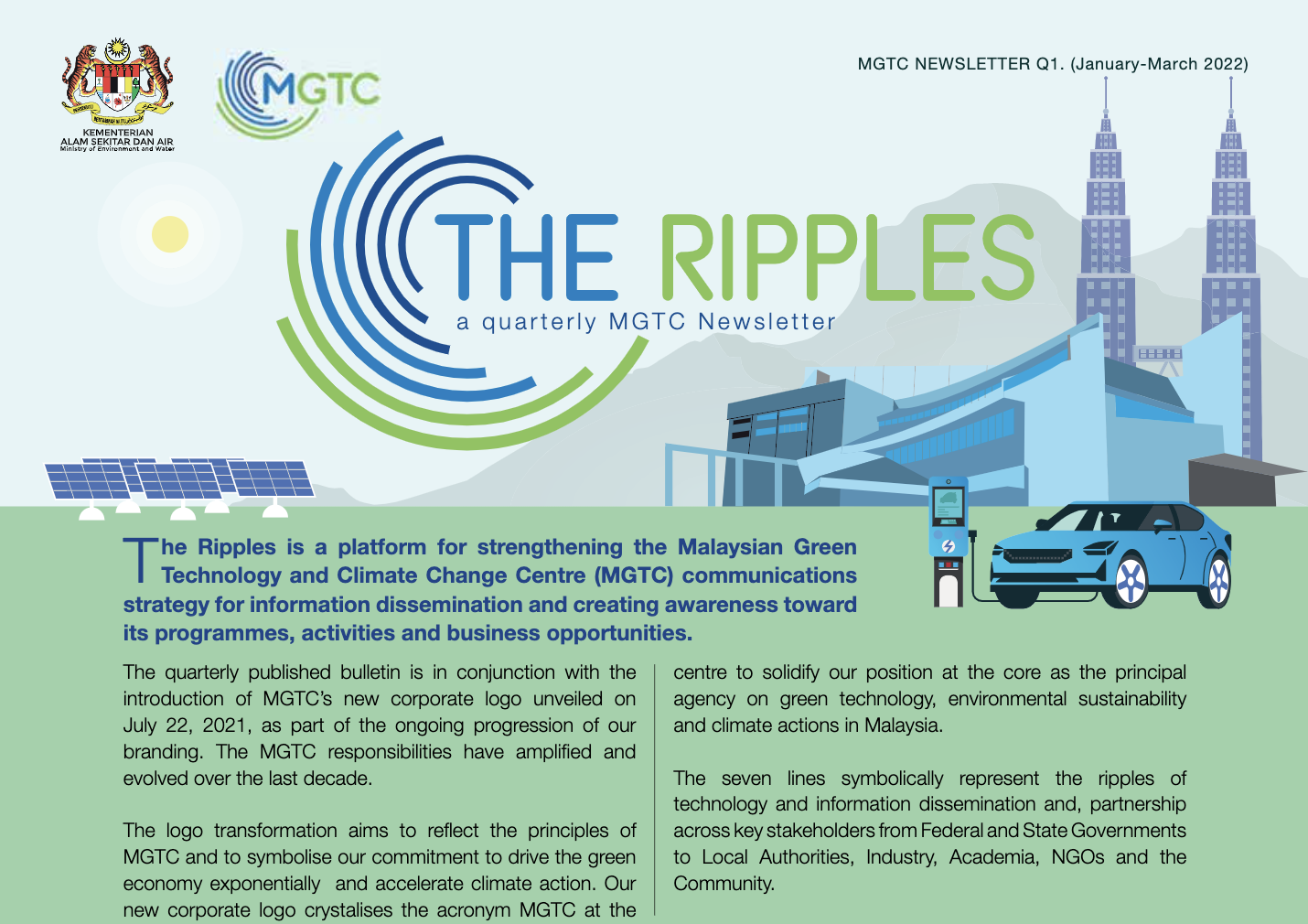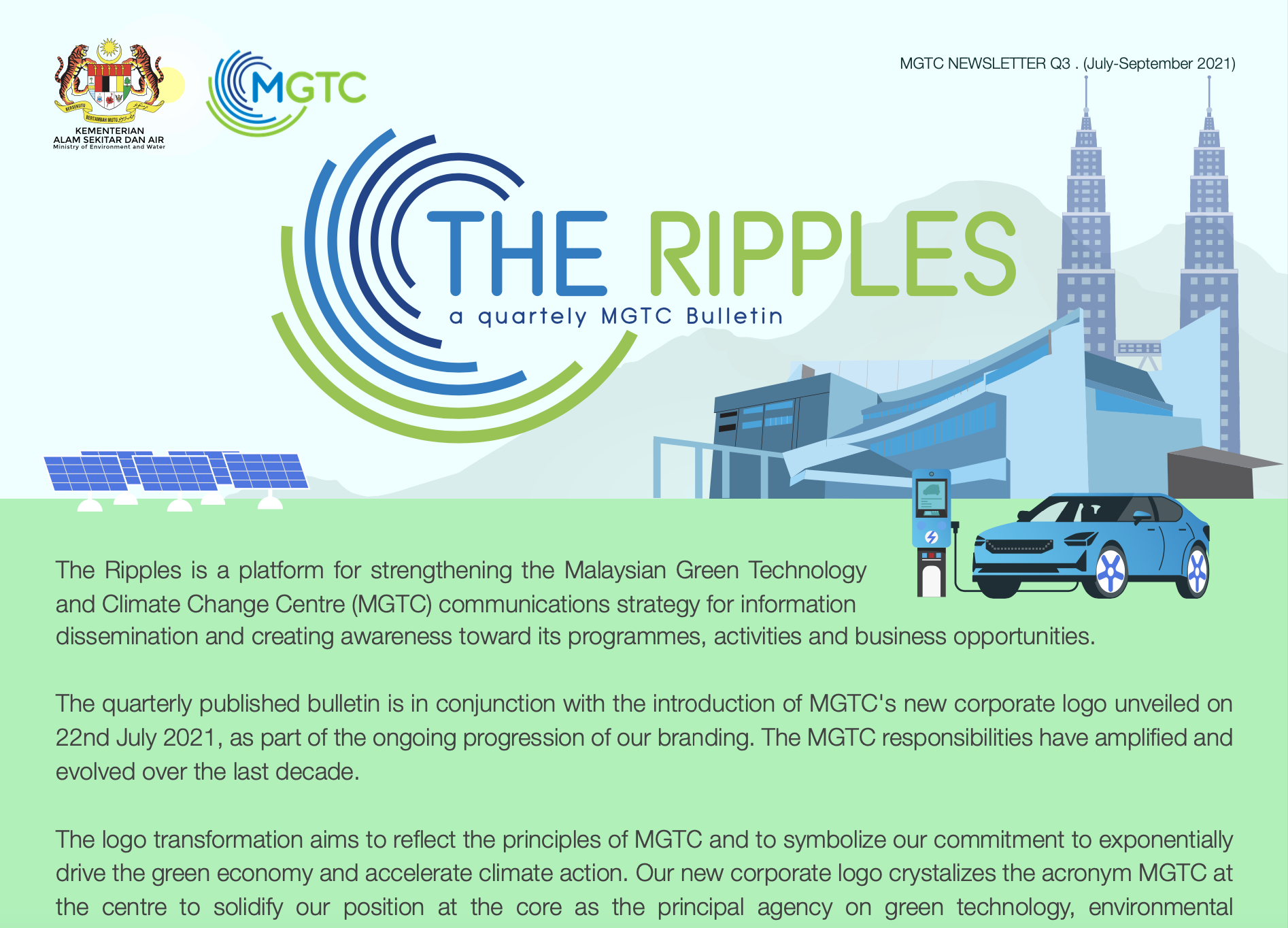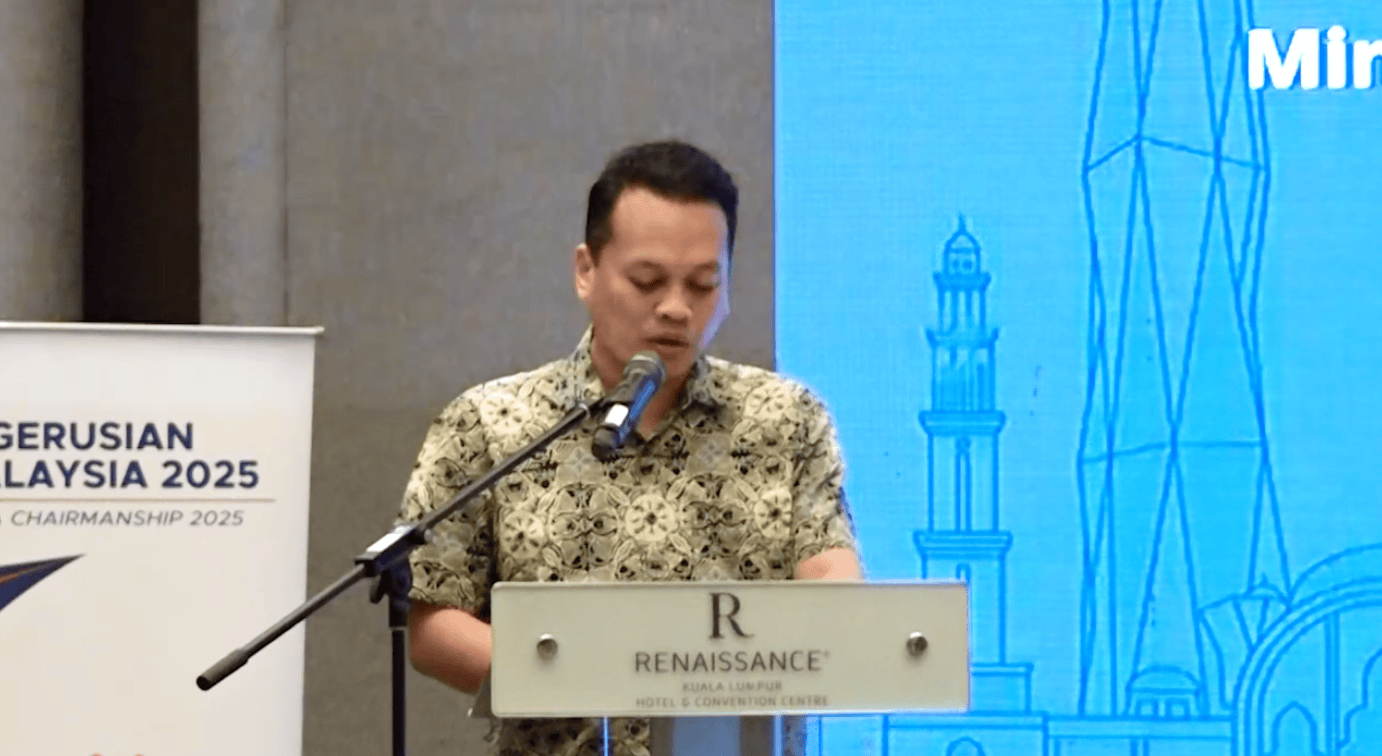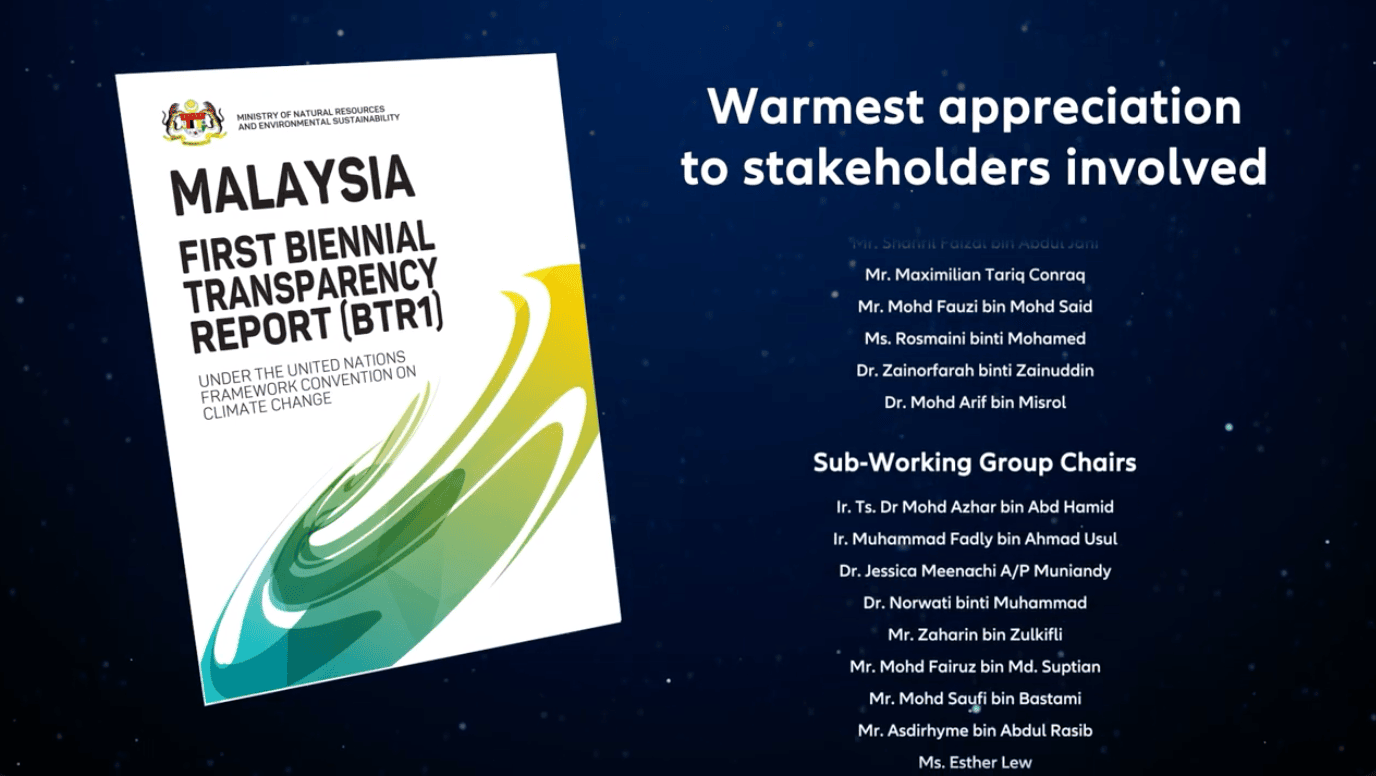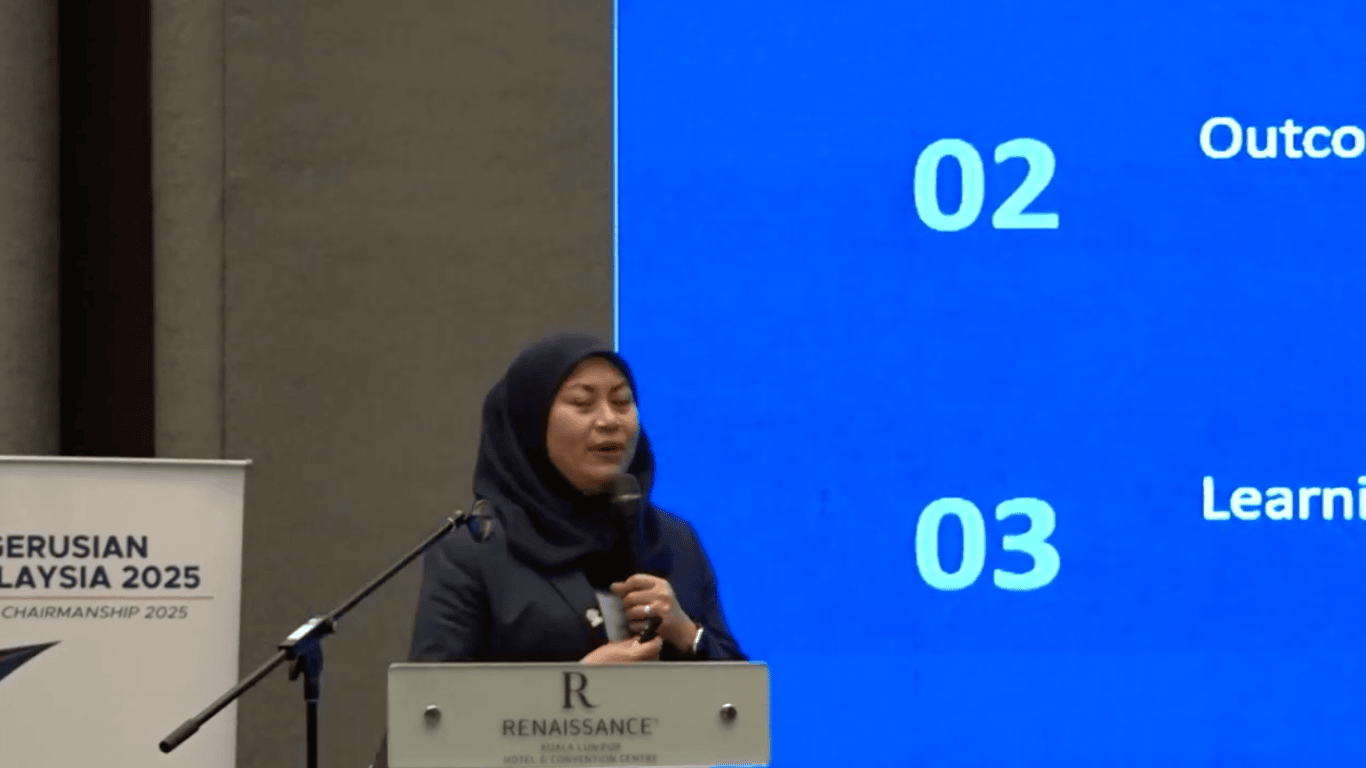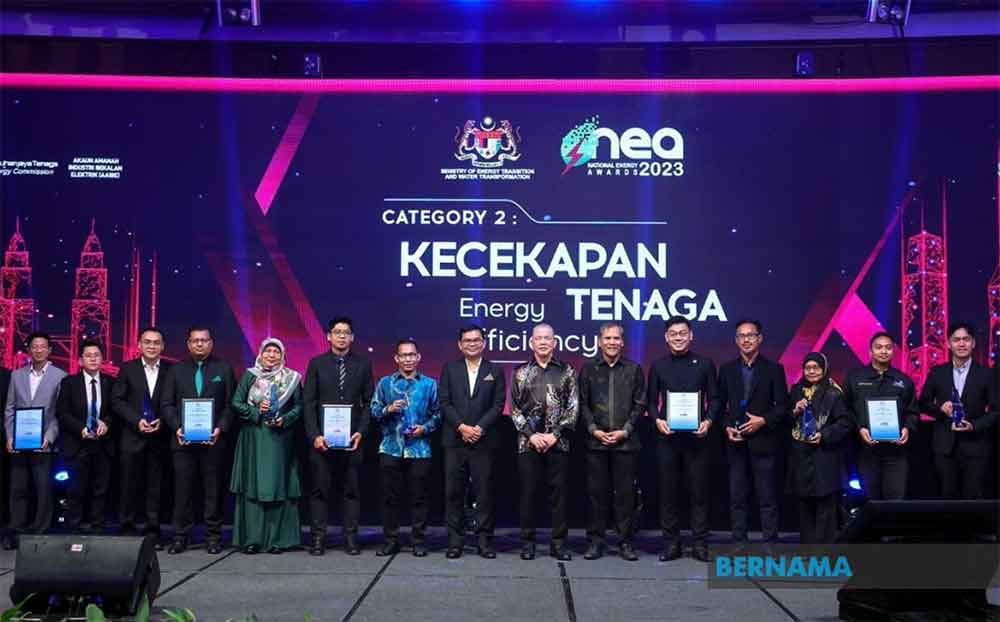
KUALA LUMPUR, March 8 (Bernama) — Deputy Prime Minister Datuk Seri Fadillah Yusof highlighted that the energy sector, encompassing the electricity supply sector, constitutes nearly 80 percent of Malaysia’s total greenhouse gas (GHG) emissions.
As the Minister of Energy Transition and Water Transformation (PETRA) as well, Fadillah underscored the ministry’s unwavering commitment to ongoing initiatives aimed at diminishing the carbon footprint within the electricity supply sector, whilst aligning with the steadfast implementation of the national energy transition agenda.
“Based on these commitments and initiatives, the electricity supply sector is expected to reduce carbon emission intensity by 45 percent in 2025 and 60 percent in 2035 compared to 2005.
“This step aligns with the country’s commitment under the Paris Agreement to reduce GHG emission intensity by 45 percent by 2030,” he explained.
Speaking at the National Energy Awards (NEA) 2023 appreciation ceremony, Fadillah emphasised that to create a conducive ecosystem for green investment and the development of advanced technology, PETRA will focus on reducing the nation’s carbon footprint through energy transition measures, with a specific focus on implementing the 3D initiatives: Digitalisation, Decentralisation, and Decarbonisation.
In his address, Fadillah touched upon five progressive policies within the implementation of the national energy transition agenda, one of which includes enhancing the proportion of Renewable Energy capacity in the country’s electricity supply to 70 percent by 2050, a significant increase from the current 25 percent.
The initiatives also involve developing specific programmes to increase the involvement of local industries in the generation and procurement of green energy, alongside finalising the drafting of the Energy Efficiency and Conservation Act.
Regarding NEA 2023, Fadillah revealed that they received 114 entries, recording a cumulative energy usage reduction exceeding 1.4 gigawatts, equivalent to electricity bill savings surpassing RM200 million (at current rates) and a carbon emission reduction exceeding 23,000 metric tons annually.
NEA 2023 comprises four categories, including Energy Management, Energy Efficient Building, and Renewable Energy, with the winners announced in August last year.
A total of 23 NEA winners represented Malaysia at the ASEAN Energy Awards (AEA) 2023, securing 12 accolades.
Fadillah emphasised that the achievements of NEA 2023 winners demonstrate Malaysia’s success in establishing an advanced local Renewable Energy industry, featuring competent, qualified, and competitive local players.
— BERNAMA






